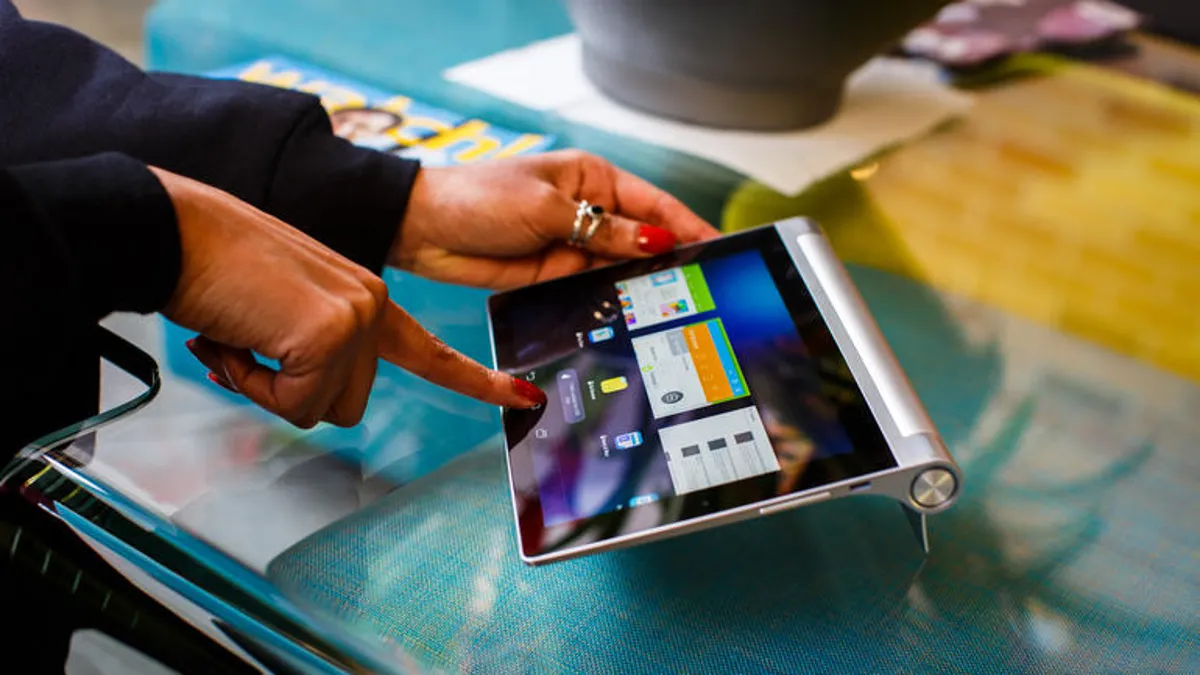
Introduction
Using an Android tablet as a universal remote has gained popularity due to technological advancements and the rise of smart home devices. This method transforms your Android device into a versatile control center for all entertainment and home automation needs.
Prerequisites
Before starting, ensure you have the following:
- Android Tablet: Any recent model running Android 10 or later.
- Android Smartphone: Necessary for setup, also running Android 10 or later.
- Smart Devices: TVs, soundbars, air conditioners, lights, etc., compatible with universal remote control protocols like IR (Infrared) or Wi-Fi.
- IR Blaster App: Essential for converting your tablet into an IR remote. Popular apps include AnyMote, IR Universal Remote, and IR Remote.
- Wi-Fi Connectivity: Both tablet and smartphone should connect to the same Wi-Fi network for seamless communication.
Setting Up Your Android Tablet as a Universal Remote
Step 1: Choose an IR Blaster App
Select an IR blaster app that supports your needs. Some popular options include:
- AnyMote: Known for its user-friendly interface and extensive device support.
- IR Universal Remote: Offers customizable buttons and support for multiple devices.
- IR Remote: Simple yet effective for controlling various devices.
Download and install the chosen app from the Google Play Store.
Step 2: Configure the IR Blaster App
After installing the IR blaster app, follow these steps:
- Launch the App: Open the IR blaster app on your tablet.
- Grant Permissions: Allow the app to access your device's camera and other features.
- Scan Devices: Point the camera at the remote control of each device you want to control.
- Add Devices: Add each device to the app's database after scanning.
Step 3: Pair Your Tablet with Your Smartphone
To enable remote control functionality, pair your tablet with your smartphone:
- Open Settings on Your Tablet: Go to Settings > Connections > Bluetooth.
- Enable Bluetooth: Turn on Bluetooth on your tablet.
- Search for Devices: On your smartphone, go to Settings > Connections > Bluetooth and search for available devices.
- Pair Devices: Select your tablet from the list and follow the prompts to complete pairing.
Step 4: Use Your Tablet as a Universal Remote
Now that everything is set up, use your tablet as a universal remote:
- Open the IR Blaster App: Launch the IR blaster app on your tablet.
- Select a Device: Choose the device you want to control from the app's menu.
- Control Devices: Use the virtual buttons on the screen to control your devices. The app will send IR signals or use Wi-Fi commands depending on the device's compatibility.
Advanced Features
Many IR blaster apps offer advanced features that enhance user experience:
- Customizable Buttons: Customize button layouts and functions according to your preferences.
- Multi-Device Control: Control multiple devices simultaneously, making it easier to manage complex home automation systems.
- Voice Commands: Integration with voice assistants like Google Assistant allows voice commands for further simplicity.
Tips for Optimal Performance
To ensure optimal performance:
- Ensure Proper Alignment: When using IR signals, align the IR blaster on your tablet directly with the IR receiver on your device.
- Check Compatibility: Verify that all your devices are compatible with the IR blaster app.
- Update Apps Regularly: Regularly update both the IR blaster app and any other apps for optimal functionality and bug fixes.
- Use Wi-Fi for Smart Devices: For devices supporting Wi-Fi commands, use this method as it offers more reliability and range compared to IR signals.
Using an Android tablet as a universal remote is a convenient and efficient way to manage various smart devices in your home. By following these steps and leveraging advanced features offered by IR blaster apps, transform your tablet into a versatile control center that simplifies daily life. Whether controlling your TV, soundbar, lights, or any other smart device, this method provides a seamless experience without the need for multiple remotes. With continuous advancements in technology, this method is only set to become more sophisticated and user-friendly in the future.
